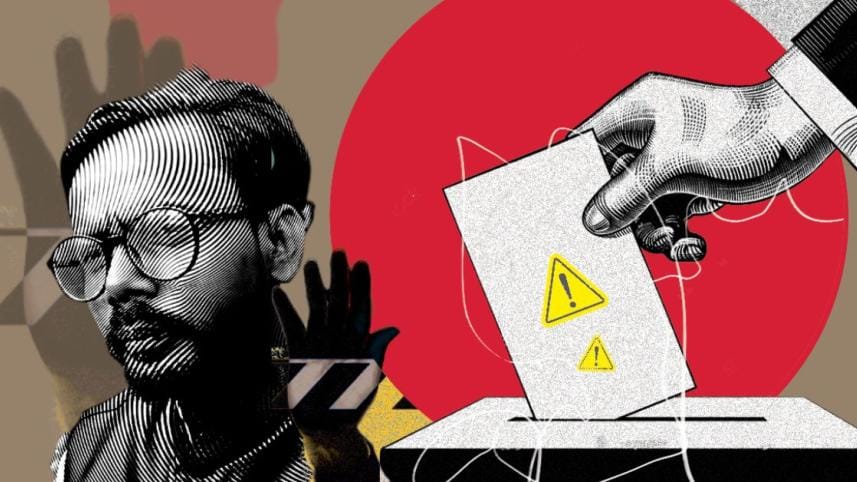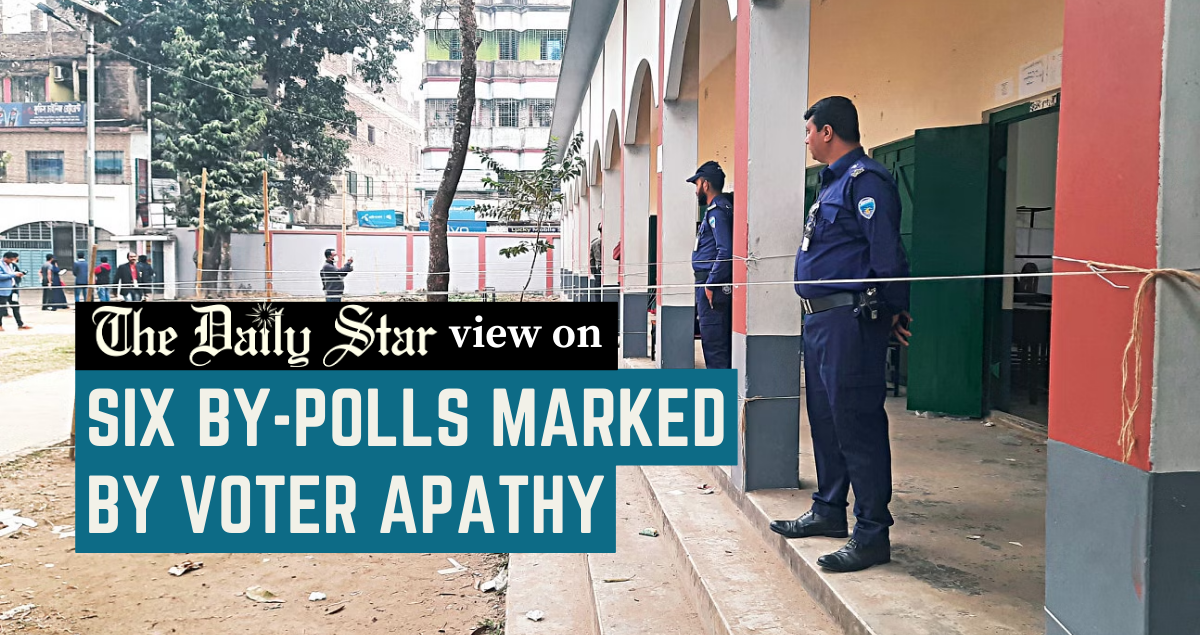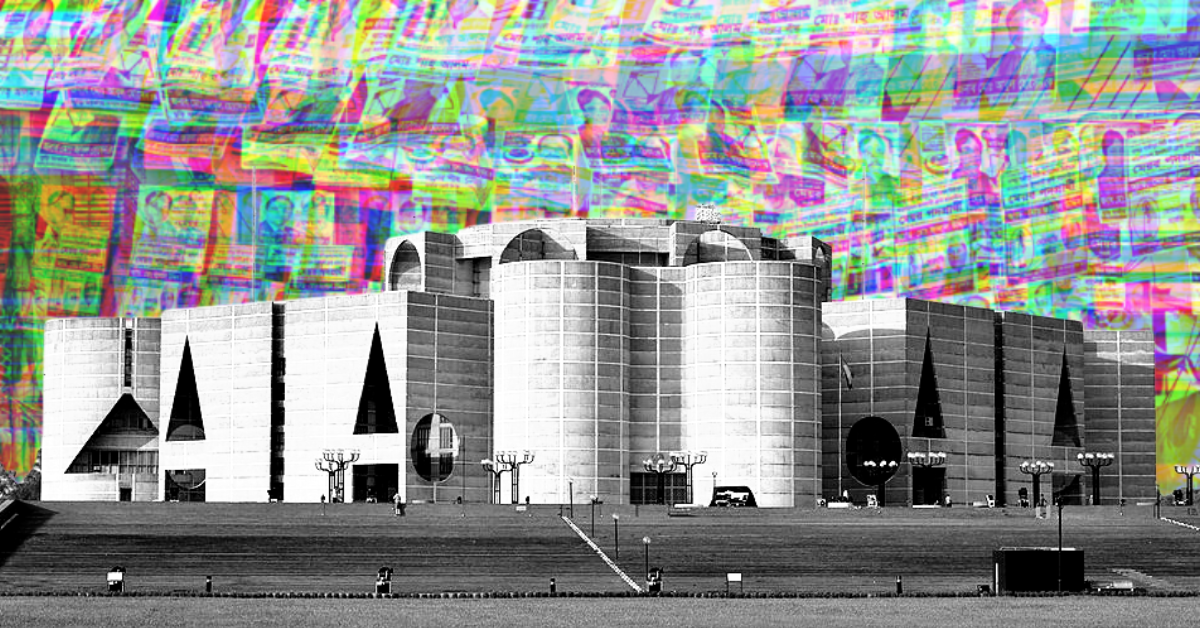By-Poll Drama, Hero Alom, and a Smart Bangladesh

With less than a year to go until the next parliamentary election, by-elections to six constituencies took place on Wednesday, apparently in a peaceful way, bar a few stray but customary incidents of gun-firing and the ever-familiar chase and counter-chase between the supporters of rival candidates.
However, other features of these by-polls were not so customary, at least if we consider how participatory elections used to be held in Bangladesh, amid a festive atmosphere, even a few years ago. This time, there were extremely low voter turnouts (indicating a lack of interest among voters, possibly resulting from the boycott by the main political opposition BNP), ruling party men taking control of polling centres (also because BNP members were absent from the field), and the most alarming of them all – the disappearance of a candidate five days before voting day.
These phenomena raise some serious and obvious questions about the Election Commission's capacity to hold free and fair polls. But what they also indicate has grave consequences for the state of democracy in the country. The commission's primary task is to make sure that all elections are fair, that every candidate gets a fair shot at winning, and where every voter gets the chance to cast their vote in favour of their chosen candidate. But given what happened on Wednesday, it didn't take people long to forget that this same Election Commission managed to hold an impressive by-election (at least by recent standards) in the Gaibandha-5 constituency only a month ago. As if it was just a fluke.
We saw the recurrence of the most alarming trend ahead of the by-poll to Brahmanbaria-2 as well: one of the opposition candidates went missing. Nothing could be worse for a democracy than when the Election Commission, without a shred of proof, speculates that the candidate might have gone into hiding. Should they not have taken a moment to reflect and used common sense to realise that whatever they were saying was completely against the spirit of the very existence of their commission?
The missing candidate, Abu Asif Ahmed, returned the day after the by-election, saying he had gone away as the pressure of the election had gotten unbearable for him. If that is indeed the case, would one be wrong in thinking that the Election Commission has failed to do their primary job?
Altogether, this adds more weight to the BNP's and other political parties' claim that a fair election under the current Election Commission is not possible. The commission, which has been suffering from a severe credibility crisis – obviously, this commission is not solely responsible for such a situation; the last two commissions contributed a lot to the lack of credibility given how they conducted the last two general elections – will feel more pressure.
The six by-polls were not seen as hugely important when the election schedule was announced. But the drama surrounding Brahmanbaria-2 changed that, as did the Hero Alom saga.
We know that these by-elections will neither bring any changes in the government nor in the electoral system. The ruling party was desperate to prove that the BNP lawmakers' decision to resign from parliament was wrong. It possibly also wanted to send a message to the BNP leaders and aspirants that they might have a chance in the next polls if they betrayed their party.
But what has been more surprising is the desperation of the ruling party. They exercised their maximum strength to ensure the victory of Abdus Sattar (who was elected five times from the BNP ticket and was a technocrat minister during the BNP-led four-party alliance government in 2001) in Brahmanbaria-2.
They succeeded, but at a high cost: they proved once again that a free and fair election under a partisan government is absolutely impossible (at least recent history says so).
That is why we now see Hero Alom, an internet sensation with a huge fan following, pointing his finger at the Election Commission and the local administration with allegations of election result manipulation. Alom contested the election from two constituencies as an independent candidate, losing both. But in Bogura-4, he was neck-and-neck with the other candidate and was confident about his victory when voting was underway.
After the result, he told journalists, "There are some people in the educated society who don't want to accept me. They think that if I get elected, Bangladesh's prestige would suffer; their [the educated people] prestige would suffer. They would be forced to call illiterates like me 'Sir.' That's why they don't want to accept me. They couldn't accept my victory. If the election is rigged and farcical, people will disregard elections forever."
Aside from Alom's concerns about political and educated people's alleged disdain towards him, what is truly concerning is that the Awami League may replicate the Brahmanbaria-2 template in luring opposition candidates like Sattar in the upcoming general election, scheduled for January 2024. That would undoubtedly be a moral and political defeat for the ruling party, and certainly an unsmart move of a government that dreams of a "Smart Bangladesh."
Mohammad Al-Masum Molla is chief reporter at The Daily Star.




 For all latest news, follow The Daily Star's Google News channel.
For all latest news, follow The Daily Star's Google News channel. 


Comments